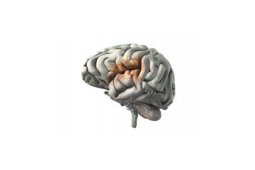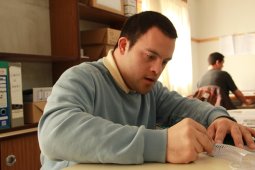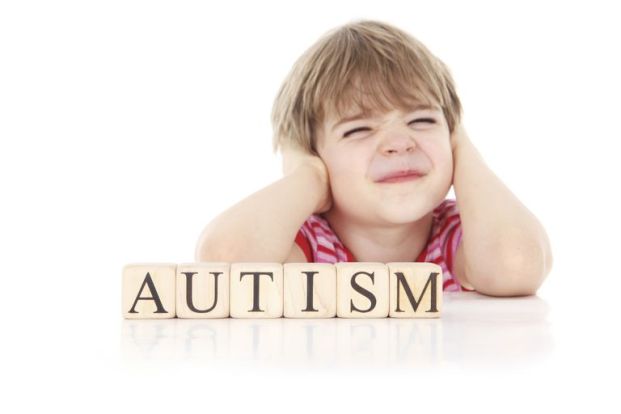Categories
- Bariatric Surgery (11)
- Black Fungus (5)
- Bone Marrow transplant (3)
- Brain Tumor Surgery Navigation Technology (20)
- Cardiac Surgery (66)
- Cardiology (97)
- Computer navigation technology for joint replacements (20)
- Covid Vaccination (17)
- Critical Care (2)
- Dental (19)
- Dermatology (31)
- Dialysis Support Group - “UTSAAH” (11)
- Dietitian (33)
- Emergency Medicine (4)
- Emotional Health (11)
- Endocrinology (33)
- ENT (20)
- Gastroenterology and GI Surgery (53)
- General and Laparoscopic Surgery (21)
- General Surgery (4)
- Gynecology & Obstetrics (183)
- Hematology (20)
- Internal Medicine (294)
- Kidney Transplant (50)
- Kidney Transplantation (20)
- Lung Cancer (8)
- Minimal Invasive Surgery (1)
- Mother & Child (20)
- mucormycosis (5)
- Nephrology (61)
- Neurology (147)
- Neurosurgery (68)
- Nutrition and Dietetics (107)
- Omicron Variant (1)
- Oncology (288)
- Ophthalmology (10)
- Orthopaedics & Joint Replacement (86)
- Paediatrics (59)
- Pediatric Nephrology (3)
- Physiotherapy (5)
- Plastic & Reconstructive Surgery (6)
- Psychiatry and Psychology (90)
- Psychologist (28)
- Pulmonology (72)
- Rheumatology (13)
- Spine Services (21)
- Transradial Angioplasty (16)
- Urology (84)
Query Form
Posted on Apr 19, 2022
Stroke: Know the Symptoms- World Stroke Day
Subhash Gupta’s spoon fell off the second time from his hand while having dinner. It was the festive season of Navratra and he didn’t want to create a fuss. He left his food and went to bed thinking that it’s just tiredness. In the middle of the night, when he woke up to use the toilet his legs felt weak. By the morning, he couldn’t move the right side of his body. His family rushed him to the nearby hospital. Subhash was lucky that even though it had been more than 5 hours to his Stroke attack, doctors could treat him and fortunately he didn’t suffer from any disability.
But not everyone is lucky. India reports 1.5 million Stroke cases every year. This Puts 4000 cases each day. Despite the widespread Stroke attacks the awareness and preparedness about the same is pitifully low. According to a study that was conducted on patients visiting the hospital, only 30 people out of 100 knew that Stroke is a neurological issue. Many sighted it as a heart or psychological trauma.
Reaching in the golden hour is key:
One needs to be aware of the symptoms of stroke. Timely recognition is essential. Response during the Golden Hour is important. The Golden hour for Stroke is four and a half and during this period you can give a clot bursting drug like rtPA. Most patients wait for their doctors to come home and diagnose the issue, instead the patient should be rushed to the nearest hospital or clinical establishment.
1.9 million brain cells die every minute the brain goes without oxygen. The more the brain is starved of oxygen, greater is the neurological disability. Because the brain is highly flexible, it has the ability to form new connections and gain back the ability. But this can only be achieved only after the body is stabilized. This is the reason why reaching the hospital in time is crucial.

Know the symptoms:
The best way to recognize the symptoms of Stroke is by following the acronym FAST, where each word helps you understand and remember them.
F– Face: If the person is having difficulty in smiling or when one part of the smile droops.
A-Arms: If the person cannot lift one of the arms.
S– Speech: If the person has slurred speech or has difficulty speaking.
T– Time: Rush to a tertiary care hospital as fast as possible to get immediate expert medical care. Reaching in the golden hour is essential.



